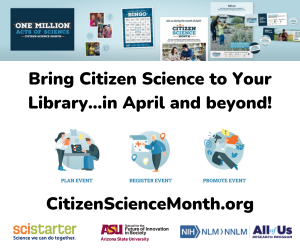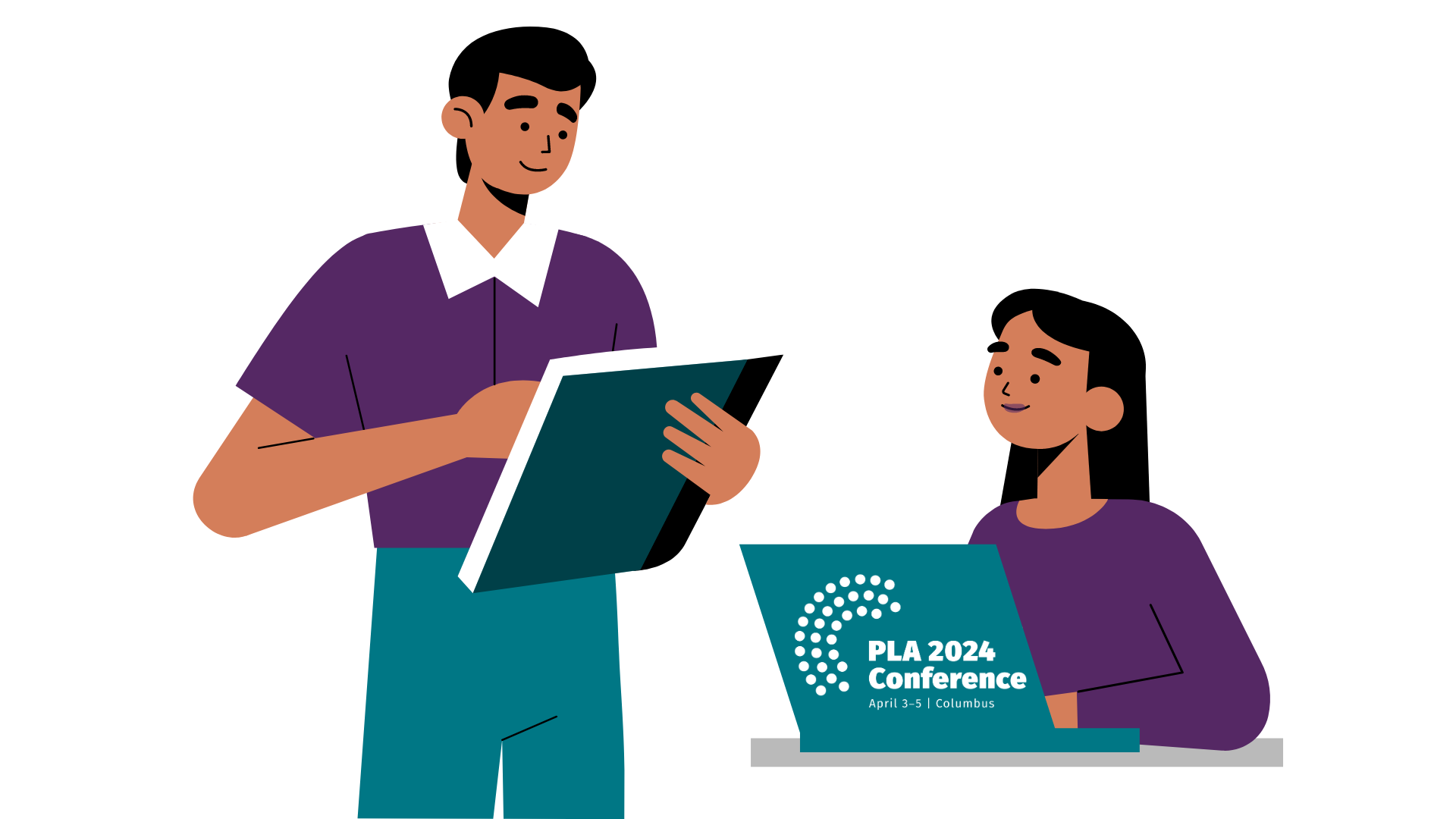Leadership and Advocacy
This is an important and challenging time to be a leader. Public library leaders are expected to have great motivational and communication skills; be innovators, risk takers, and strategic thinkers; and at the same time be fiscally responsible and politically savvy. Leaders are being held more accountable for their expenditures and need to be able to provide empirical results to support budget initiatives. Leaders also need to be advocates at the local, state, and national levels and they need to inspire their staff, supporters, and communities to do the same.
Advocacy training is important. The American Library Association (ALA), Public Library Association (PLA), and other organizations provide numerous training opportunities for library staff and our support communities. A well known example of this is the PLA’s successful Turning the Page training program funded by the Gates Foundation. This initiative provided training for more than three-thousand people representing thirty-two states. ALA’s Office for Library Advocacy (OLA) has offered advocacy training as a preconference at ALA Annual and Midwinter conferences.
Equally important is the need to train current and potential leaders in the practices that “emphasize the leader’s responsibility for creating the conditions where others can be successful”1 and this includes being successful advocates. In an article titled “Relationships and Soft Skills: The Core of Effective Library Leadership,” Anne Marie Madziak states:
We need leaders with fine-tuned communication skills, what we commonly call people skills. We need leaders who understand that what we are able to achieve is entirely dependent upon the quality of our relationships.2
I refer to this type of training as “transformational leadership” and there are numerous models. Of these, probably the most well known in the library community is the Snowbird Leadership Institute. Many successful library leaders graduated from this institute and it spawned a number of state institutes that are still in existence, although many are struggling for funds.
Another current example is the Advancing Public Library Leadership Institute (APLL), created by the Southern Ontario Library Service. Madziak is the coordinator. APLL is in its second two-year cycle and the new class is filled to capacity. All of these institutes “put a great deal of emphasis on self-analysis and a major focus is on instilling confidence and a positive stance toward change and risk taking.”3 According to Madziak, the evaluations from the first cohort of APLL have been very positive and indicate a few patterns in terms of impact that are in keeping with much of the literature on leadership development, i.e. a greater level of confidence, increased ability to see one’s self as a leader and to act as a leader, better understanding of the importance of advocacy and relationship building.4
In the new PLA strategic plan, two of three goals are (1) advocacy and awareness and (2) leadership and transformation. The PLA board understands the importance of working on both goals simultaneously.
PLA established a Leadership Development Task Force in 2005, which demonstrates the board’s continued commitment to growing future leaders for public librarianship. According to Luis Herrera, task force chair, one of the initial outcomes was to establish the PLA fellow that would provide competitive opportunities for PLA members to attend top executive leadership programs. The task force evaluated possible programs and selected Harvard’s Kennedy School of Government, the University of Michigan’s Ross School of Business, the Wharton School of Business at the University of Pennsylvania, and Evans School of Public Affairs at the University of Washington. The first four fellows who were selected for the program returned with rave reviews. In addition to this initiative, the task force partnered with 3M to sponsor a one-day leadership institute based on 3M’s own leadership development model of learning circles and leadership attributes.
At the 2009 ALA Midwinter Meeting, the task force hosted an all day strategic leadership session bringing together many identified leaders in the public library field. The goal of this meeting was “to identify the key issues and challenges facing our members to become leaders in their communities; and the leadership abilities that our members would need to successfully meet the challenges.”5 The group identified four leadership competencies that future leaders would need to successfully meet the challenges they would face:
- Navigating Communities: the ability to work with and through others, to build and leverage relationships, to understand and communicate from the customer’s perspective, and deliver impact and results based on vision.
- Navigate the Self: acting with integrity and self awareness, including making communities better through service to all and developing their own mentoring networks.
- Navigate Organizations: taking risks and seizing opportunities.
- Cross Cutting Abilities: anticipating and leading change and recognizing and growing potential in others.
So where do we go from here? I believe that we need to expand exponentially the opportunities for leadership training both at the national and local levels. We need to identify, grow, and cultivate our emerging leaders and provide continuing leadership training for existing leaders. We need to help new people in the field find and embrace the excitement, passion, and opportunities that many of our current leaders have experienced. It is harder to be a leader in the public library field now than it has been for a very long time. We need to help young leaders understand that the challenges are well worth the rewards.
All of the examples that I have mentioned here provide excellent leadership training opportunities. Existing state leadership training programs are in financial trouble and we need to find ways to sustain them. PLA has made a commitment to leadership training but will need to identify ways to continue funding some of the more expensive efforts.
Advocacy is important at all levels. If we do not create leaders who understand the importance of advocacy, we cannot be successful. A strong leader is one who is committed, emboldened, and empowered to transform attitudes and tell the story of how libraries change lives. By providing effective training opportunities, we can continue to bring these skills to future library leaders. This requires a commitment from the whole public library community and I believe the future of excellent library service depends on it.
References
- Southern Ontario Library Service, “APLL Leader Practices,” (accessed Nov. 29, 2010).
- Anne Marie Madziak, “Relationships and Soft Skills: The Core to Effective Library Leadership,” (accessed Nov. 29, 2010).
- Laurie J. Bonnici, “Creating the Library Leadership Institute at Snowbird: An Exercise in Leadership,” Library Administration & Management 15 no. 2 (2001): 101.
- Madziak, e-mail correspondence with the author, Sept. 15, 2010.
- Luis Herrera, e-mail correspondence with the author, Aug. 26, 2010.







